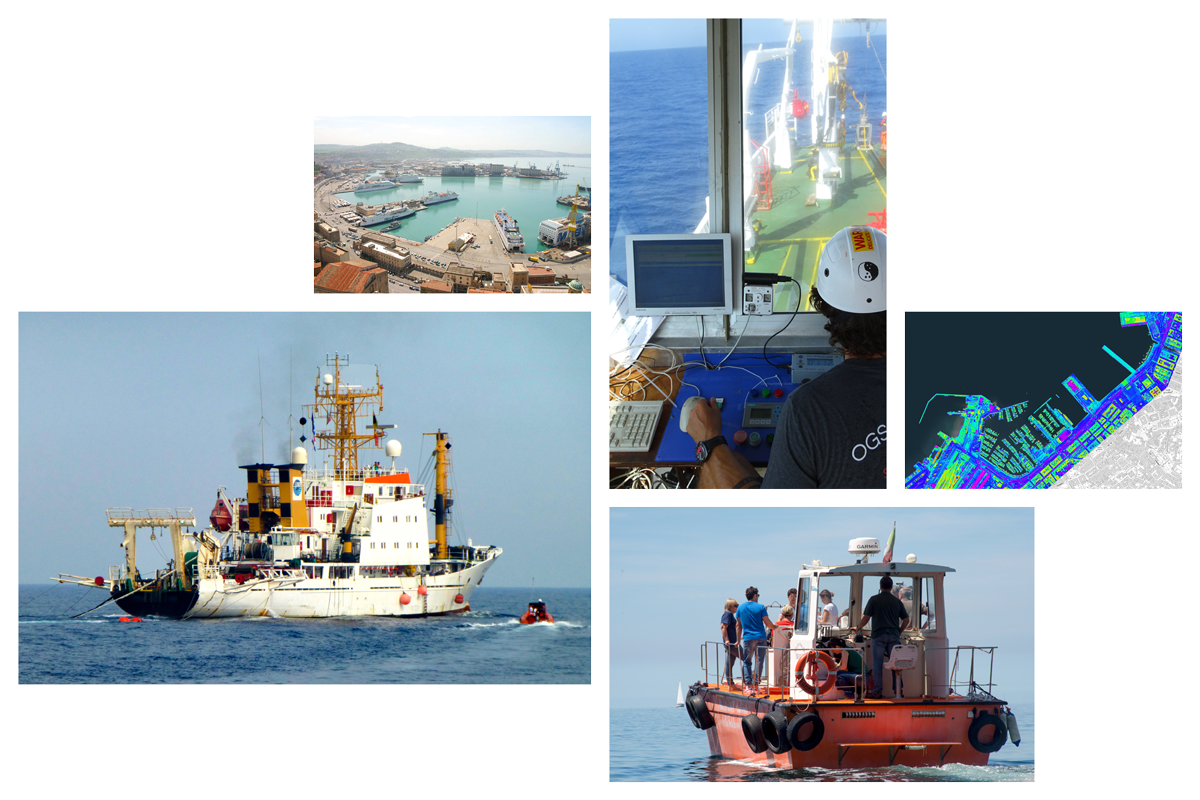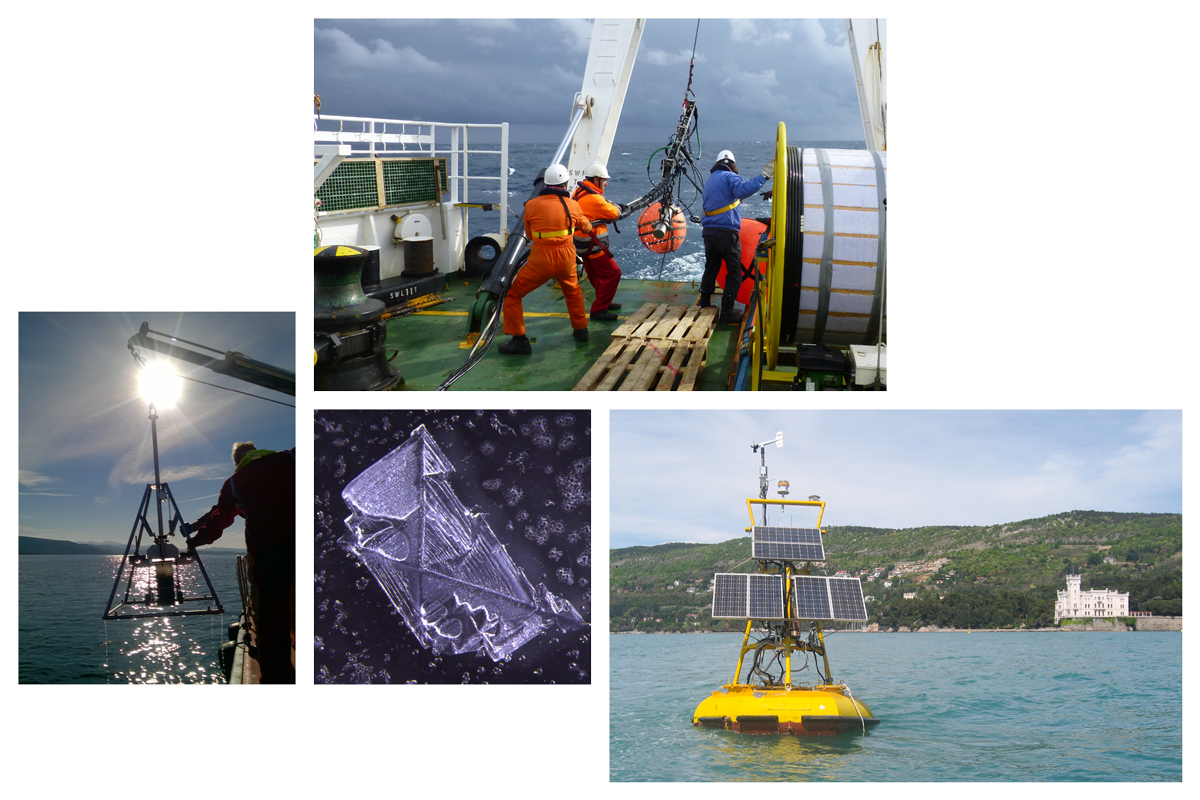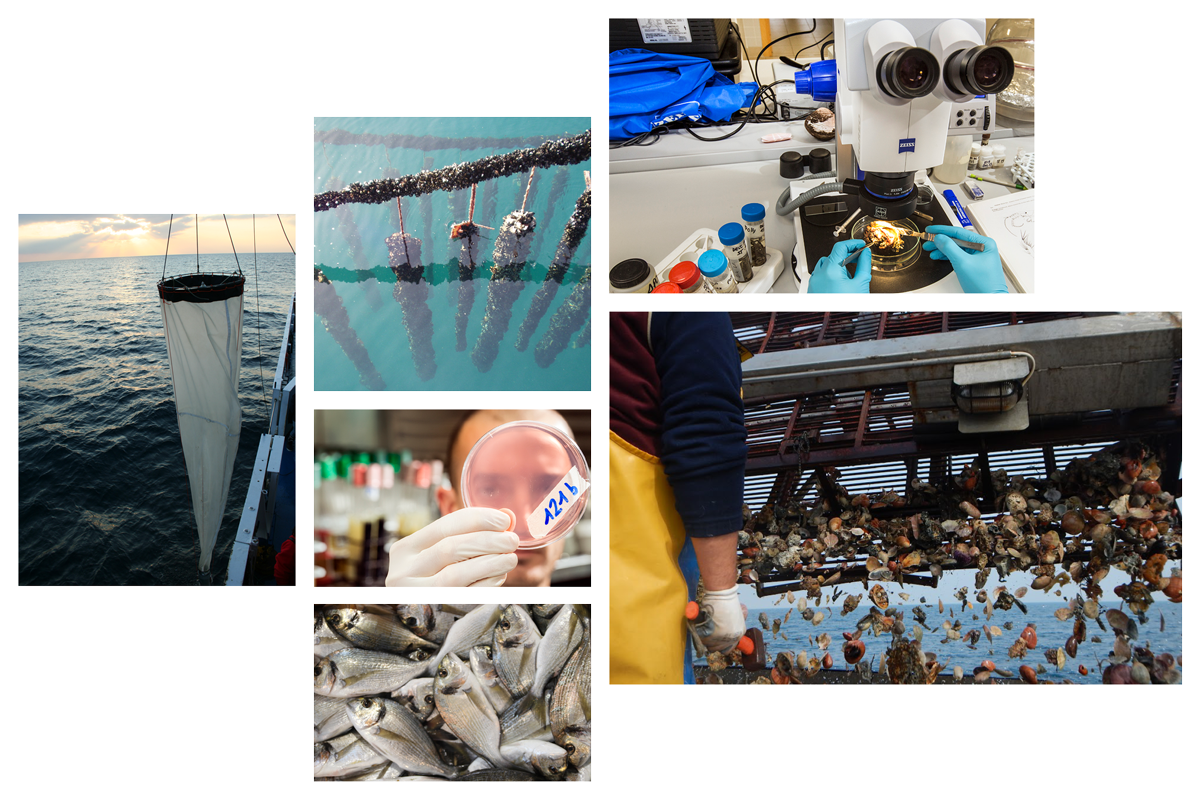The Master in Sustainable Blue Economy will be articulated in three main pillars. The first will focus on environmental sustainability and coastal planning, the second will concern regulatory framework, geosciences and climate related aspects. And the last will focus on marine biology and ocean observations. Lectures will be clustering in the following topics.
Sustainable development and Blue Economy in the Mediterranean Sea
Measuring sustainability in the Mediterranean area. Talents circulation and development of skills for Blue careers.
Integrated and Resilient Coastal and Sea Spatial Planning (IRCSSP)
Issues and Approaches to Assess Resources and Impacts. Strategies for land-sea interaction and uses. Inputs for Spatial Integrated Development.
Renewable energy sources and energy efficiency for Blue Economy
Renewable Energy Sources for Blue Economy. Low emissions ship propulsion engine technologies – Power plants and waste heat recovery for improved efficiency and alternative fuels and high efficiency power plants. Review of State-of-Art Tools for the Modelling and Observation of Ocean Waves. Smart Grids for Blue Growth.
Coastal and environmental modelling and hydrodynamics
Principles of hydrodynamics in coastal basins. Oil spill processes and modelling in coastal regions. Observations on and modelling tools for the nearshore hydrodynamics and sediment transport. Modern challenges in the management of coastal aquifers under uncertainty. The contribution of physical models and field monitoring for the sea environmental safeguard and coastal management and constructions. Operational support to management of marine critical situations and emergency response.
Port sector and Blue Economy
Maritime Trade, Ports and Port Impacts: a general overview. Developing sustainable port infrastructure and activities. Port Models and Port Governance: The "Port Reform Toolkit" and the "Blue Growth Management Challenge". Building up and improving Port-City and Port-Local Stakeholders relationships.
Sustainable use of natural resources
The economy and the environment: an introduction. Incorporating the environment into the analysis of economic growth. The concept of green growth. Some crucial issues in sustainable development. Indicators of sustainable development. The optimal use of natural resources. The species extinction problem. Natural resource scarcity and strategies for its reduction. Critical aspects on the waterfront: the case of Porto Vecchio in the context of Upper Adriatic blue economic geography.
Culture of water to achive sustainable and responsible development
Science Diplomacy for dialogue and resolving conflicts in the Mediterranean area. Sustainable and responsible development and water related issues.
Marine policies and directives
Marine policies and Mediterranean initiatives. The role of Marine Protected Areas.
The work on ships and in harbors in international, EU and national regulatory sources
Labour law for workers on ships. The legislative regulations of work in harbors' context.
Coastal surveying and monitoring
Sea level change along the Mediterranean coasts. Rocky coast surveys: materials and methods. Coastal mapping. Contaminants in coastal environment.
Remote sensing
Satellite remote sensing over land and ocean.
Geophysics applied to coastal areas
Integrated geophysical methods for coastal studies. Marine remote sensing for sea bottom studies.
Geological Oceanography
Basic concepts of the geological evolution of oceanic basins. Geology and geodynamics of Mediterranean and Black Sea basins. Sea floor sampling methods and sediment analyses.
Geophysical characterization of the sea sub bottom
Geological interpretation of seismic reflection data. Geophysical techniques for the investigation of the sub-seafloor structure. Geophysical data management.
Submarine geo-Hazards
Submarine landslides, earthquakes, volcanic island flank collapse, tsunamis, natural gas emissions, sink holes.
Abiotic resources in the Mediterranean
Hydrocarbons, minerals, placers.
Monitoring and Assessment of Ocean Threats
Climate change over the Mediterranean region. Climate change impact on the Mediterranean circulation. Global warming. CO2 absorption by the ocean and the acidification process. The role of the oceans on climate, its variability and change.
Ecosystem functioning
Oceanography and carbon dynamics. Carbon dynamics and carbon pump. Microbial systems. Phytoplankton. Zooplankton. Benthos: biodiversity and ecological role. Marine habitas.
Ecosystem services
Ecosystem Services: principles and application.
Ecosystem threats
Marine litter and microplastic. Oil spills. Harmful algae. Bio invasion. Non Indigenous Species. Emerging pollutants and pollution.
Aquaculture, fisheries, natural resources and biotech
Aquaculture. Seaweed aquaculture. Fishery. Genetic biotechnology to support BG: DNA large scale analysis, Genomics and DNA barcoding. Genetic biotechnology to support BG: Metagenomics, microbial community genetic analysis. Animal wellness. Gelatinous Zooplankton and Fishery. Sponges. Artificial reef.
Managing and modelling marine ecosystems
Resource exploitation strategies. Marine ecosystem models physic and biogeochemistry. Marine food web and fisheries. Stock assessment. Models in observing system. Data management.
Monitoring and Observing Systems
State-of-art marine observation techniques. Observing system. Monitoring the environment.



